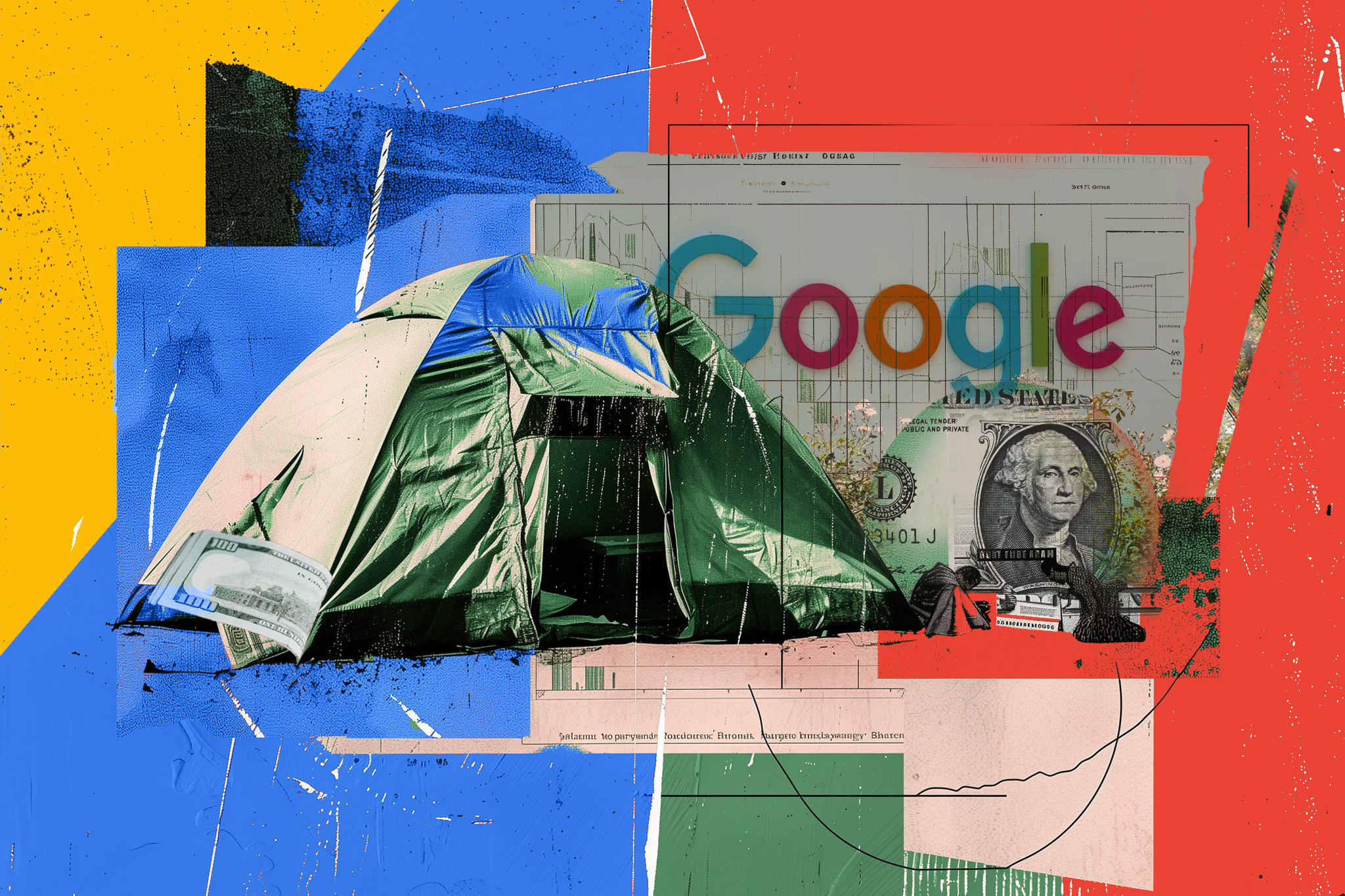Some recently homeless families in San Francisco will soon receive $1,000 every month as part of a new program funded in part by a $4.5 million investment from Google’s nonprofit arm.
Two local charities focused on family homelessness, Compass Family Services and Hamilton Families, announced the new program called “It All Adds Up” on Tuesday.
Unveiled with a splashy website, the program is part of a broader $1 billion effort by Google.org to increase the Bay Area’s housing supply. It’s projected to cost more than $6 million over the five-year pilot period, with additional funding from anonymous donors, according to a spokesperson for Compass.
The concept of guaranteed basic income—where people receive a modest amount of money on a regular basis to cover their basic needs—has been widely studied in social welfare circles and has attracted interest from Silicon Valley elites.
OpenAI founder Sam Altman is also funding a pilot program to study the practice. Altman predicted in 2021 that artificial intelligence could one day create enough wealth to pay every U.S. adult $13,500 per year.
The It All Adds Up initiative argues for the benefits of guaranteed basic income, a practice it says has been tried and tested back to the days of Julius Caesar.
“Julius Caesar gave each Roman citizen 100 silver coins,” the program’s website says. “The rise of income inequality, automation, and artificial intelligence in the late 2000s catapulted the idea back into the mainstream.”
“It All Adds Up” will provide 450 families that have recently experienced homelessness with monthly no-strings-attached cash stipends as part of a five-year pilot. Half of the participants will receive $1,000 per month, while the other half, a control group, will receive just $50.
The payments will be distributed exclusively to families with one to three months left in their city-funded housing subsidies.
The experiment aims to show that guaranteed basic income programs can work to combat poverty and homelessness in cities across the country.
San Francisco has experienced a surge in family homelessness in recent months, with 427 families waiting in line for shelter as of April 17. A waitlist for individual shelter beds had 172 people on it on Monday afternoon.
New York University plans to conduct a study on the program, evaluating its success based on outcomes such as housing stability, income and mental health.
In a quote provided in a press release, a homeless parent who gave their name simply as Ayalla, explained the potential benefits of the cash stipend.
“With $1,000 a month, I could pay my bills and have the room to look for a career where I can use my culinary skills,” Ayalla said in the release. “Maybe even take my son for pizza and a night at the arcade.”
San Francisco’s Department of Homelessness and Supportive Housing budgeted $713 million to combat homelessness this fiscal year, spending approximately 59% of its annual budget to provide housing for formerly homeless people.
Another 8% of the department's annual budget goes toward prevention efforts. For example, a program called Problem Solving provides stipends for car repairs, rent deposits and other resources that may help people stay off the streets.
Separately, the city’s Human Services Agency spent approximately $30.3 million on general assistance benefits in fiscal year 2022. The program served about 8,330 people, providing $105 stipends for those who were homeless and a maximum of $687 for those living indoors.
The city reduced the amount of cash provided to homeless people in 2002 through legislation called Care Not Cash under then-Mayor Gavin Newsom. Earlier this year, voters passed new legislation authored by Mayor London Breed requiring some aid recipients to undergo drug screening. Breed’s office didn’t respond to a request for comment on Google’s new initiative.
Meanwhile, advocates for homeless people have touted research showing that no-strings-attached cash can be a key factor in helping them turn things around.
One of them is Michael D. Tubbs, the former mayor of Stockton, who pointed to dozens of programs showing the success of this approach.
"Behind the numbers are real people who are able to breathe easier,” Tubbs said in the press release.
